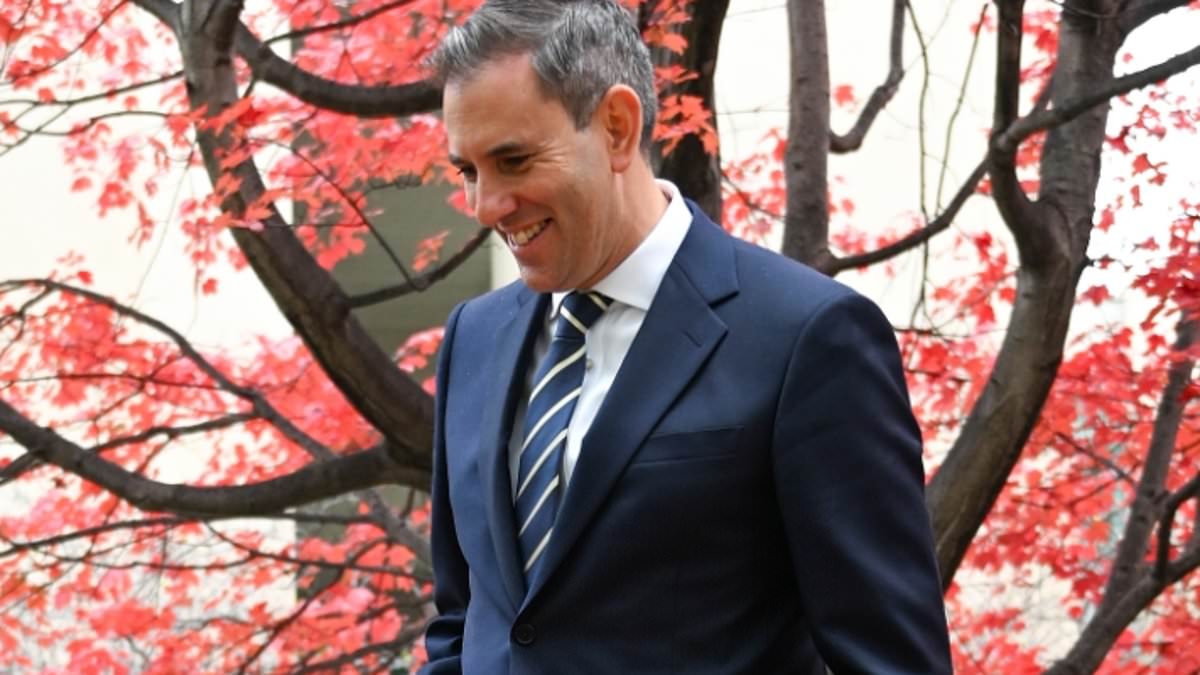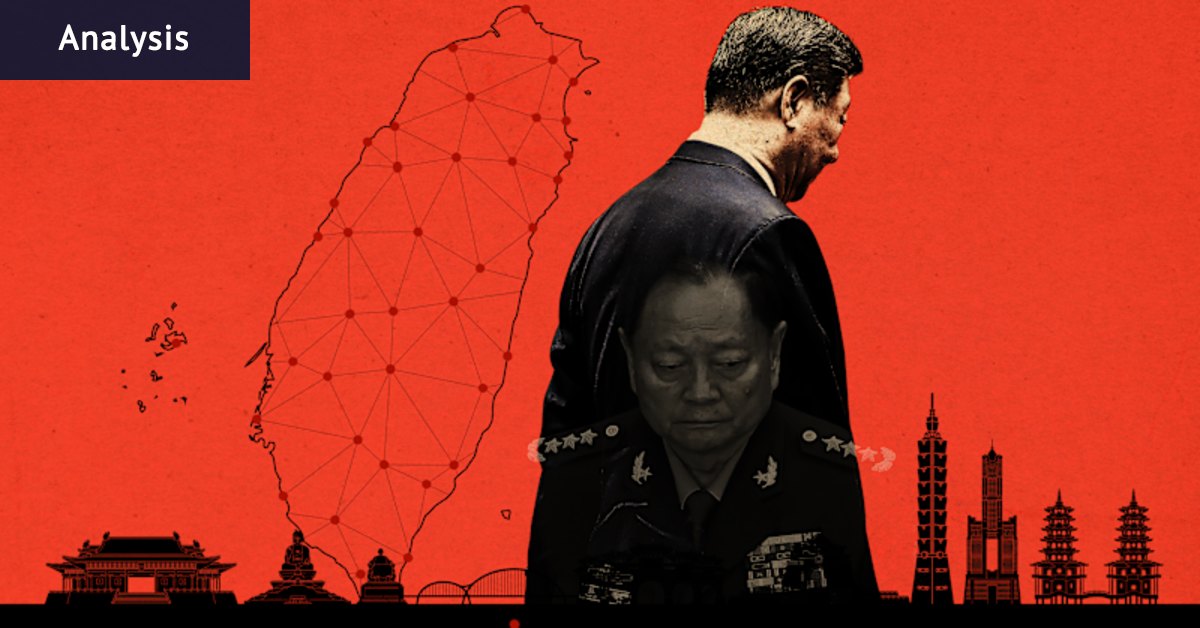
Sitting on the shelves of one of Kenya’s oldest libraries is a treasure trove of untapped financial opportunity — books. The McMillan Memorial Library, a fixture in Nairobi’s central business district for over 90 years, is emblematic of a broader, continent-wide potential. Across Africa, an estimated 8,000 public libraries hold the keys to a burgeoning book publishing industry.
A 2025 report by the UN Educational, Scientific and Cultural Organization (UNESCO) estimates that Africa’s publishing industry could reach a staggering $18.5 billion in the coming years, provided the right policies are enacted and investments are made. As of 2023, the industry generated only $7 billion, representing a mere 5.4% of the global book market, which is valued at $129 billion.
Challenges and Recommendations
According to the UNESCO report, weak policies, a lack of tax incentives, and a reliance on imported books have stunted the growth of Africa’s publishing sector. The report advocates for the establishment of national book policies aimed at promoting literacy, overseeing book circulation, and creating financial incentives for key industry players.
“Today, you see that most of the names of authors of literature in Africa are more known outside the continent than inside the continent. They’re known in their country, but they’re not circulating between the other countries, and that’s an issue,” Ernesto Ottone Ramírez, assistant director-general for culture at UNESCO, told CNN.
Ramírez emphasized that Africa’s book industry is “booming with untapped potential,” which could be harnessed if countries implement UNESCO’s recommendations.
The Role of Public Libraries
One area of focus is the role of public libraries. The UNESCO report highlights the need to strengthen the framework of libraries across Africa, particularly in rural areas, by establishing “clear principles for governance and funding” that prioritize the entire book ecosystem.
“It must start from the community,” Jacob Ananda, the assistant director at Nairobi City County Libraries, told CNN. He advocates for introducing children to libraries and reading at a young age so that it “becomes part of their lifestyle.” However, Ananda stresses the necessity of “policies on restoring, restocking, and preserving the libraries.”
Ananda points to the McMillan Memorial Library, which is undergoing restoration to enhance its facilities and provide digital access to reading materials, supported by the non-profit Book Bunk and funding from the local government. “We are looking forward to being among the state-of-the-art libraries and being able to meet the users’ needs,” he said.
Digital Integration and Youth Engagement
With at least 70% of sub-Saharan Africa’s population under the age of 30, the continent is home to the world’s youngest demographic. Publishers and distributors are keen to engage this tech-savvy generation by leveraging Africa’s burgeoning festival circuit and embracing digital integration.
The UNESCO report notes that approximately 270 literary festivals and book fairs are held across the continent each year, with many focusing on children’s books. Additionally, a growing number of publishers and distributors are exploring e-book and audiobook production, including African Storybook in South Africa, AkooBooks in Ghana, and eKitabu in Kenya.
“The new generation of creators today, they’re looking at how to go to the future with something that belongs to them, and nobody will tell them how to tell this (Africa’s) story,” Ramírez said.
Preserving Cultural Heritage
One way to preserve Africa’s rich culture and diversity is by telling its stories in native tongues and translating them into more of the continent’s 2,000 languages. Ramírez noted that 90% of the content UNESCO receives from partner organizations is in English, but he believes artificial intelligence could facilitate translations into a variety of languages and local dialects, enhancing accessibility.
However, Ramírez cautioned that AI must be managed carefully. “Africa is the continent where you have less legislation on those issues (of artificial intelligence),” he said, adding that this presents an opportunity for countries to establish safeguards to regulate platforms, protect copyrights, and ensure creators benefit from their work.
The report is part of a series of publications by UNESCO aimed at mapping out Africa’s creative economies, which Ramírez argues is crucial to unlocking the continent’s economic potential. “The only way to have social cohesion at the country level between all the diversity of communities is to have culture at the center of sustainable development,” he said.
As Africa stands on the brink of a potential publishing renaissance, the implementation of strategic policies and investments could transform the continent’s literary landscape, fostering economic growth and cultural preservation for generations to come.





